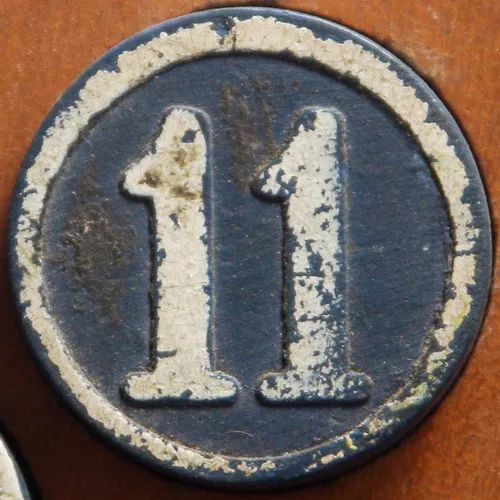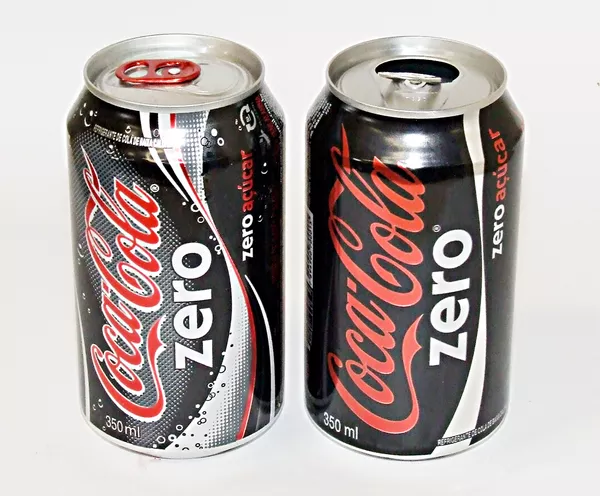 he other day I looked at the expiration date for some tofu. 11/7/ 22, I read. July 11? What kind of a fool does that Food Coop take me for? This is September! Oh, okay, je me calme. I calmed down. It’s really November 7. Only in America!
he other day I looked at the expiration date for some tofu. 11/7/ 22, I read. July 11? What kind of a fool does that Food Coop take me for? This is September! Oh, okay, je me calme. I calmed down. It’s really November 7. Only in America!

NUMBERS
Numbers in French are quirky. Numbers in English, for that matter, are a bit odd. I mean, eleven? What ever happened to ten-one as in twenty-one, thirty-one etc.
Here is Uncle Google:
“Thus, eleven comes from Old English endleofan, literally meaning “[ten and] one left [over],” and twelve from twelf, meaning “two left.”
Fine, I suppose, although “thus” is a bit misleading, as if there is real logic behind this.
And for those of you mathematicians out there, there is more:
What is so special about number 11?
“11 is the first repunit prime, the first strong prime, the second unique prime, the second good prime, and the fourth Lucas prime. 11 is the first prime number that is not an exponent for a Mersenne prime, as 211 − 1 = 2047, which is composite; has the property of unique factorization.”
And we haven’t even gotten to French.
Before we get to all that, I want to show you a marvel that a friend, an engineer by trade, showed me in France about the nine times table, which you can tabulate on your hands. Whoever came up with this deserves the Nobel in Math!
NUMBERS IN FRENCH
If you are driving down the road with your GPS in French, which mine happens to be (although I did try to change the languages on my phone, somehow, it still cleaves to French).
Here is the road to take: Route 490. Now those of us English speakers say, “four” and then “ninety” the “ty” part meaning ten. If I have a non-French speaker in the car, they are agog at how long it takes “the lady,” (which is how I refer to the GPS voice that we all know lives inside the phone) to actually get through that number. She says, “quatre cents,” which for those of you with math skills left after reading about eleven, this means you are multiplying 4 x 100. Then to get to ninety it is a real feat: quatre vingt dix. This is 4 x 20 plus 10. There you go: quatre cents quatre vingt dix is where I have to tournez à droite (turn right), otherwise known as 490. It keeps your mind nimble to multiply and add while you are avoiding the truck in front of you and hoping the lady didn’t actually say “trois cents quatre vingt dix,” which is, of course, Route 390. (There is a 590!)

FRENCH NUMBER SYSTEM EXPLAINED
Somebody posed the following question: “Why does French have that eccentric number system for seventy, eighty and ninety? The Belgians, Canadians and the French-speaking Swiss all have reasonable words for these numbers (septante, huitante or octante, and nonante), which any French person will grudgingly understand.” [70, 80, 80, 90]
“The number system in French is derived from that used in Gaulish, the Celtic language spoken in France before the modern Romance language drove it out. If you look at the counting systems of modern Celtic languages like Welsh or Scottish Gaelic, you’ll see a similar pattern to that in French. In Gaelic, for example, multiples of twenty are used as a base for counting (the so-called ‘vigesimal’ system). Twenty is ‘fichead‘, forty ‘dá fhichead‘ (lit. ‘two twenties’) and so on up to eighty ‘ceithir fichead’ (‘four twenties’, like French ‘quatre vingt’).”
In English we have a ten-based number system. Which brings me to recommend a most wonderful, esoteric, clearly written book about numbers called, Zero: the Biography of a Dangerous Idea by journalist Charles Seife. Reader beware! This may become a banned book.

ASIDE
Often writers come up with statements of truth, such as this: “It is a universally acknowledged truth that a single man in possession of a large fortune must be in want of a wife.” (Jane Austen begins Pride and Prejudice this way.) I do not have a large stock of these aperçus at my command, but I recently came up with one having to do with zero. (Do not judge, dear reader.) When I recently read in the New York Times that when given a standardized test, zero of the Hasidic school boys passed, I said the following: Zero is a big number. Not bad, heh? Zero is actually a whole number, and thus an integer, and considered to be even.
SOME FRENCH IDIOMS WITH ZERO
-avoir la boule à zéro (avoir le crâne rasé) To have the ball (head) at zero:
Shaved head
-avoir le moral à zéro (être déprimé) To have your morale at zero:
To be depressed
-avoir le trouillomètre à zéro (avoir peur) To have your “scare meter” at zero.
To be afraid (Note: But shouldn’t the meter be set higher? Ask the French Academy in your spare time.)
-avoir zéro de conduite (mal se comporter) To have zero driving skills.
To behave badly
-remettre les compteurs à zéro (reprendre les choses à la base) To put the computers at zero.
Go back to the beginning
-repartir de zéro (faire table rase) Start again at zero.
Start again from the beginning.
One very useful idiom related to zero is trois fois rien, which translates as three times nothing, literally. But actually there can still be a little something. As in her salary was trois fois rien, or, basically, peanuts.
GODOT
You might remember that the play Waiting for Godot by Samuel Beckett begins rien à faire, ”nothing to be done.” Here are some examples of that idea of nothing to be done in the play. Philosophers and literary theorists have a lot of fun with this idea of nothing. They define nothing as the absence of something and then muse on the way the absent can be present. Pretty much like the character of Godot in his play. So zero, meaning nothing, can have a bigger reach than we might have originally thought.
Perhaps the reason I thought of this week’s column on numbers, besides having my trouillomètre à zéro when I mistook the expiration date, was this funny video about math I came across. A handy way to decrease the cost of your rent. Enjoy!
This week had it all.. informative, clever and big laughs..but how does that kid bend his little fingers?